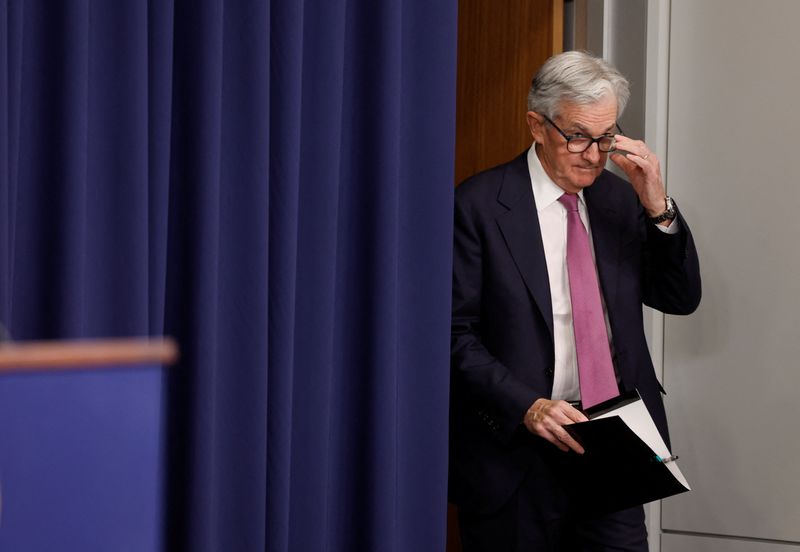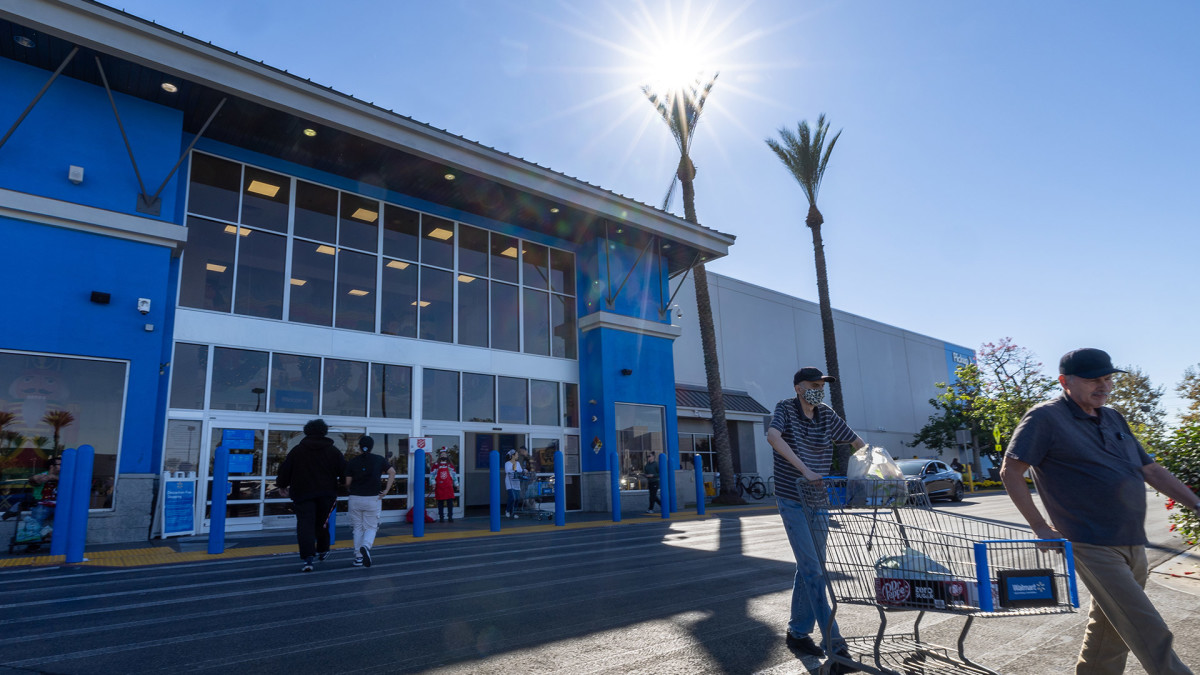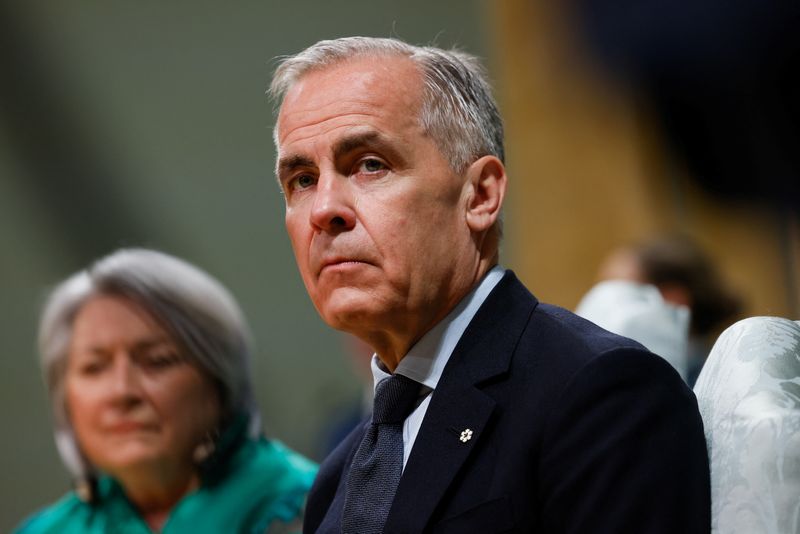British Airways used AI to cut flight delays, but long waits still outpace pre-pandemic levels
The AI investment is part of £7 billion worth of measures that British Airways undertook last year to “revolutionize” the carrier.

British Airways is a 51-year-old airline, but tech-related teething troubles have long loomed over it, causing flight delays and other disruptions.
Now, the London-based airline says it has found a way to address these issues thanks to a ‘game-changing’ new AI, allowing for a record number of flights to depart on time.
“Whilst disruption to our flights is often outside of our control, our focus has been on improving the factors we can directly influence . . . the tech colleagues have at their fingertips has been a real game-changer for performance,” British Airways CEO Sean Doyle told the Financial Times.
The AI investment is part of several measures British Airways announced last year to help “revolutionize” the carrier as part of a £7 billion plan. It invested £100 million specifically on AI and automation efforts and a further £750 million into an IT overhaul.
When announcing these measures last March, British Airways said the tech would help preempt delays and improve decision-making around missed flight connections. The AI tools would also help reroute flights away from poor weather conditions.
The company said it would invest in improving its website, mobile app, and in-flight wifi access.
Initial data from the carrier suggests that flight delays fell by 86% in the first quarter. Still, the FT’s analysis pointed out that one-hour or longer delays over the 12 months to February were still higher than pre-pandemic levels.
Following massive IT debacles over the last decade, it’s taken British Airways years to reach this point. In 2017, a power outage canceled over a thousand flights and impacted 75,000 passengers. At the time, travelers complained that the airline’s app, website, and check-in machines weren’t working.
Former CEO Alex Cruz said at the time that he’d take measures to mitigate future IT failure risks. However, another crisis struck in 2019, affecting flights out of Heathrow and Gatwick airports and hampering the summer travel plans of scores of passengers.
A more recent outage from 2022 caused British Airways to axe short-haul flights, and with its app and website down, customers couldn’t immediately find alternatives to reach their destination. The airline faced additional challenges emerging out of the pandemic, including proposed strikes over demands for higher pay.
A combination of staffing issues and technical hurdles resulted in more flight delays in 2023 than before COVID-19 confined people to their homes, the BBC reported. Even now, as air travel has normalized, delays and other operational challenges pose a constant threat.
Each disruption, even if minor, can cost British Airways millions of pounds in lost revenue and refund costs.
British Airways’ latest technology overhaul points to the carrier’s efforts at limiting the risk of large-scale disruptions ahead of the peak summer travel season.
IAG, British Airways’ parent group, reported an operating profit of €198 million for the first quarter of 2025, up by €130 million and ahead of analyst expectations. It also said it would buy back €1 billion in shares, pointing to confidence in the airline’s growth trajectory following the multi-billion-dollar shake-up.
Representatives at British Airways didn’t immediately return Fortune’s request for comment.
This story was originally featured on Fortune.com

















































































































































































